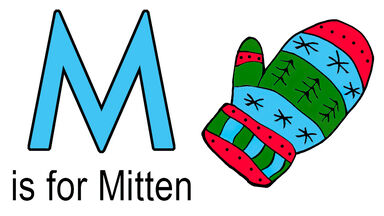Large Definition
- Not in confinement or captivity; at liberty:
a convict still at large.
- As a whole; in general:
the country at large.
- free; not confined; not in jail
- fully; in complete detail
Other Word Forms of Large
Adjective
Origin of Large
-
From Middle English large, from Old French large, from Latin larga, feminine of largus (“abundant, plentiful, copious, large, much"). Displaced Middle English stoor, stour (“large, great") (from Old English stōr) and muchel (“large, great") (from Old English myÄ‹el).
From Wiktionary
Middle English from Old French from Latin largus generous
From American Heritage Dictionary of the English Language, 5th Edition
Find Similar Words
Find similar words to large using the buttons below.





